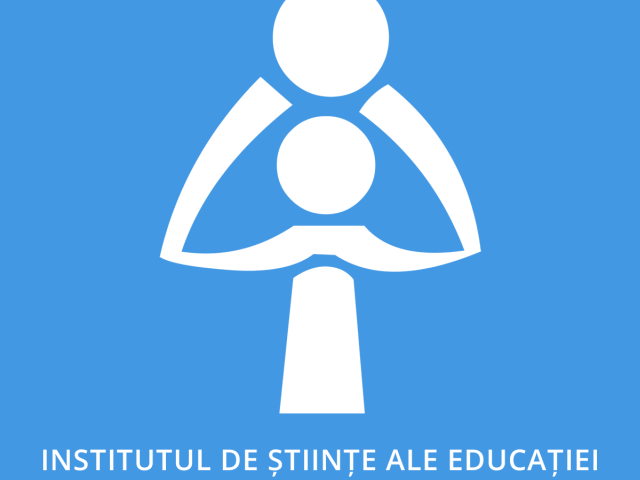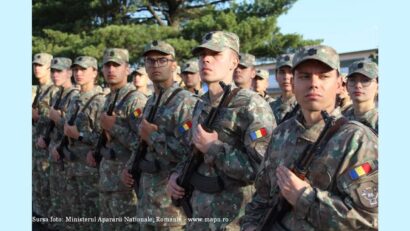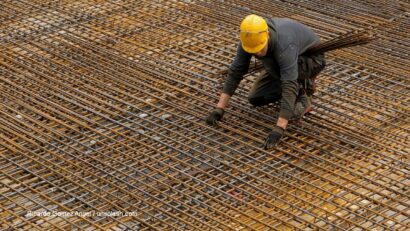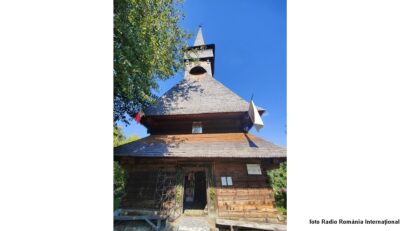Education through culture and education for culture in the Romanian educati
The education system in Romania has always included cultural elements.

Luana Pleşea, 29.11.2017, 13:41
There have been frequent and heated debates in recent years over the role of education through and for culture and about the need to introduce dedicated courses in the school curricula. Overall, the education system in Romania has always included cultural elements. The new curricula for primary and secondary education, coordinated by the Institute for Educational Sciences (IES) over the past few years has been aimed at making children aware of cultural elements and cultural differences between various European or international cultural identities, says IES deputy director, PhD Magdalena Balica. Pupils are learning cultural elements during traditional classes of language and communication, elements of fine arts and choreography, musical education, history, geography and social education.
However, a study published in 2016 by IES, entitled “Arts in school-concepts and practices”, highlights the fact that art is not given proper coverage by the media and is poorly promoted in almost all environments. A strategy of promoting experiences created by artistic education lacks both in schools and public institutions. Both teachers and decision makers in the field feel the lack of a development plan meant to coherently monitor this dimension of artistic education.
Magdalena Balica: “It is true that beyond the elements included in the school curriculum, the educational practice carried out at school level can bring fundamental advantages. Teachers have a school curriculum and a textbook, but schools live in a social and cultural reality. We encourage initiatives that we have discovered here at the Institute for Educational Sciences. There are schools which for years have promoted various categories of cultural projects at community level, with support from artists and local cultural personalities. I believe that such initiatives can be promoted and expanded, so that they could become common practice and not an exception to the rule, as is the case right now. We are glad to see that as of late an increasing number of NGOs have expressed readiness to start cooperating with schools at cultural level. This is a very good sign, the more so as schools can’t and shouldn’t do everything and need experts and opportunities provided by communities. I think that right now we are far from reaching the idea of generalising this type of cooperation, but it’s a good starting point, which might be promoted at systemic level.”
An example is set by Adriana and Virgil Scripcariu. She is an art historian and he is a sculptor. Together, they have set up a private school in Piscu village, Ilfov County, to compensate for the closure of a public school in the village.
Adriana Scripcariu has also authored several optional textbooks on cultural heritage: “At present we are at the end of a project under which we created an educational notebook about the UNESCO heritage in Romania. This notebook will be introduced in schools as of this year and will be proposed as an optional subject matter in secondary schools next year in a number of institutions. We hope it will be well received, because this is what middle school teachers are now required, to propose an inter-disciplinary subject to study with the pupils. Our projects continue in terms of creating books about cultural heritage for the general public and of staging workshops and popularising in schools the subject of cultural heritage.”
Teachers need to be supported in the initiation, organization and unfolding of artistic activities, thus putting extra pressure on the cultural operators who present their educational offer.
Adriana Scripariu: “One should know what to choose for being presented to children. This is a weak point because teachers themselves do not have this type of education for cultural heritage and cultural sensitivity. That makes it difficult for them to properly present the information and teach this openness to pupils. However, we hope that through our work and that of our colleagues in museums and other NGOs, things will become more accessible. We very much want our work to matter for the future generations.”
This collaboration between schools, NGOs and other public culture institutions is vital. Nevertheless, there are obstacles to be overcome. Magdalena Balica: “What we don’t have is the context in which this collaboration can be capitalized upon. And the biggest problem signaled by schools, teachers and cultural operators is the scarce resources. We probably need to work out policies that should support more this collaboration between cultural actors and schools, so that we can talk about coherent intervention. What is clear is that schools cannot do everything and cannot do by themselves things that are related to the involvement of pupils in the community, in the social life, also from a cultural perspective.”
According to the Institute for Education Sciences, “education for artistic and cultural values cannot be done if, at all the levels of public institutions’ intervention, there is not a clear will and capacity to promote these values”.






























